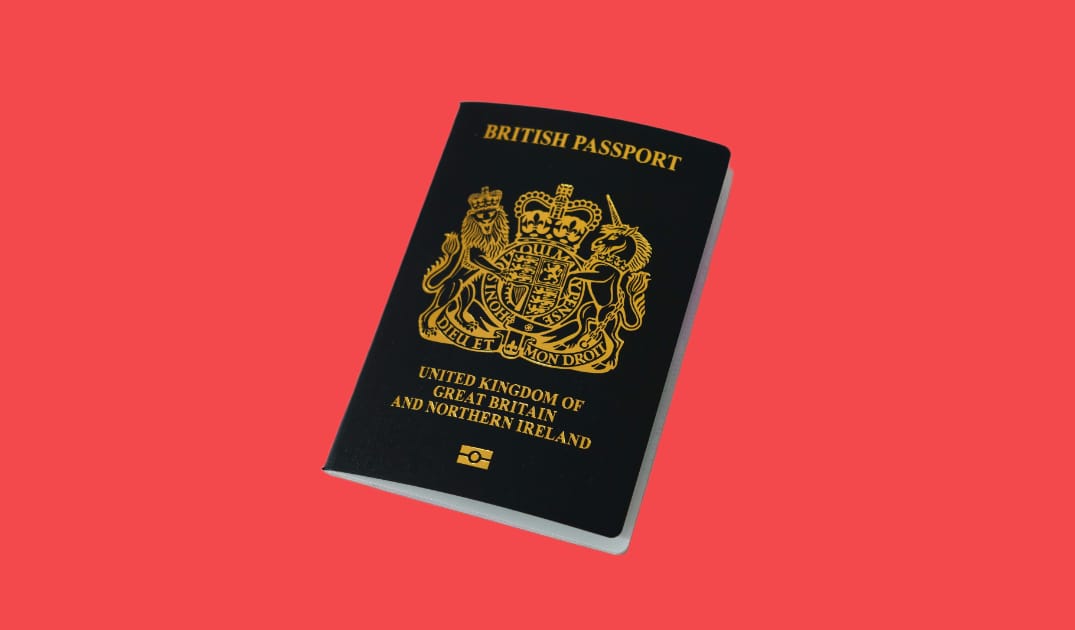✏️ Raoul Walawalker
A few weeks ago, Brexit Party leader Nigel Farage broke the law publicly, breaking lockdown rules to create and post a video about migrants on Twitter. He managed to avoid legal charges, even complaining that the police spoke to him about it at all.
He got away with it by pretending that a PR stunt – which involved travelling a hundred miles to film a clip of himself on an empty beach campaigning over migrants crossing the Channel by dingy – wasn’t a publicity stunt, but was ‘public-interest journalism’ making him a ‘key worker’ rather than a shrewd media manipulator.
Over the last six weeks, public and media attention has understandably focused on the Coronavirus; life under lockdown and the daily numbers of deaths. There’s been unity in a shared situation, sympathy for those affected worse than ourselves, and new appreciation and respect for those on the frontlines and their diversity – the NHS and all key workers doing critical work that previously went unacknowledged.
We’ve witnessed the high numbers that are from BAME and migrant communities, and how so many of them have been performing roles while dangerously under-equipped. It’s brought a new insight into reality for many; a challenge to previous negative narratives over race and immigration for others.
Clapping for the NHS, we’re also aware that we’re clapping for a health service and workers that have been seriously undervalued by the government, either through underfunding, years of austerity measures, and a long-term hostile environment policy targeting those of migrant statuses and background.
Given our new awareness of these issues, it’s been difficult for anti-migrant individuals and organisations like Nigel Farage or the pressure group Migration Watch UK, to continue pushing anti-migrant messages on the public.
This also explains why Farage felt the need to flout the law with the publicity stunt. It worked. Not as well as he hoped. But it still worked. There was public and media discussion of him. Some sections of the media defended him.
And, as he intended, there’s now increased reporting on migrants trying to cross the Channel, misleadingly adopting dramatising terms such as ‘record-high numbers’ without explaining to the public how under the lockdown, with near-zero inbound international transport allowed, immigration to the UK is currently at its record lowest ever level (virtually zero), and higher than usual arrival attempts by dingy only reflects that there isn’t any other way of entering the UK.
But news of migrant crossings isn’t covered like it used to be a few years ago, before the Brexit vote, when stories of migrants trying to enter the UK would be on the front covers of anti-migrant newspapers (Daily Mail, The Sun, Daily Express) ceaselessly, along with scaremongering language about ‘swarms’ and ‘floods’ of migrants and constant suggestions of crime.
And, as the government has spent over three years debating with the EU over a Brexit deal, it seems that the media and public have less appetite for relentless scaremongering immigration stories, especially amid greater scrutiny of fake news and deliberately misleading presentations of information these days.
The anti-migrant organisation Migration Watch UK is an example of a group for fact checkers to ‘watch out for.’ Officially, it provides data on migration to the media, but it’s also very good at misrepresenting data; not by giving false data, but by leaving out enough of the relevant details to make you believe that immigration is the single cause of problems that in fact have numerous and wider causes.
Typically, it’ll keep announcing new ‘huge’ numbers of immigrants, then try to make this seem directly linked to subjects such as chronic housing shortages, higher property prices, pressure on classroom sizes, NHS beds, while omitting all mention of years of prolonged policies of cuts in spending on social housing, or the price impact of private and overseas investment in property, or cuts in funding for schools or the NHS, or austerity, or the long term lack of funding of what’s highlighted as our biggest healthcare challenge – maintaining adequate health and social care for an ageing population: one in six being over 65.
Trying to narrow blame down to the single cause of ‘immigration’ despite multiple or more complex causes is called ‘scapegoating.’ Given the scale of harm being caused by COVID-19, it seems that neither the media nor public are as inclined to buy it just now, especially given that migrant workers are continuously demonstrating the opposite.
And it isn’t solely key workers correcting the narrative. We are awash daily with true stories of people of all backgrounds throughout the community trying to help each other out indiscriminately, such as ethnic and local community groups striving to help keep hospitals, care homes and the vulnerable fed by delivering as many meals as possible a day.
A new poll by Redfield and Wilton Strategies for the New Statesman indicates about 50 percent of the public would prefer there to be less immigration after the pandemic compared to about 66 percent five years ago. It’s quite possible that as the public becomes more aware of the current roles of migrant key workers, anti-migrant sentiment may continue to decline.
Raoul Walawalker is a feature writer for the Immigration Advice Service; an organisation of immigration lawyers currently offering free legal advice to all NHS staff amid the coronavirus pandemic.
Thanks for reading our article! We know young people’s opinions matter and really appreciate everyone who reads us.
Give us a follow on Instagram, Twitter and Facebook to stay up to date with what young people think.

